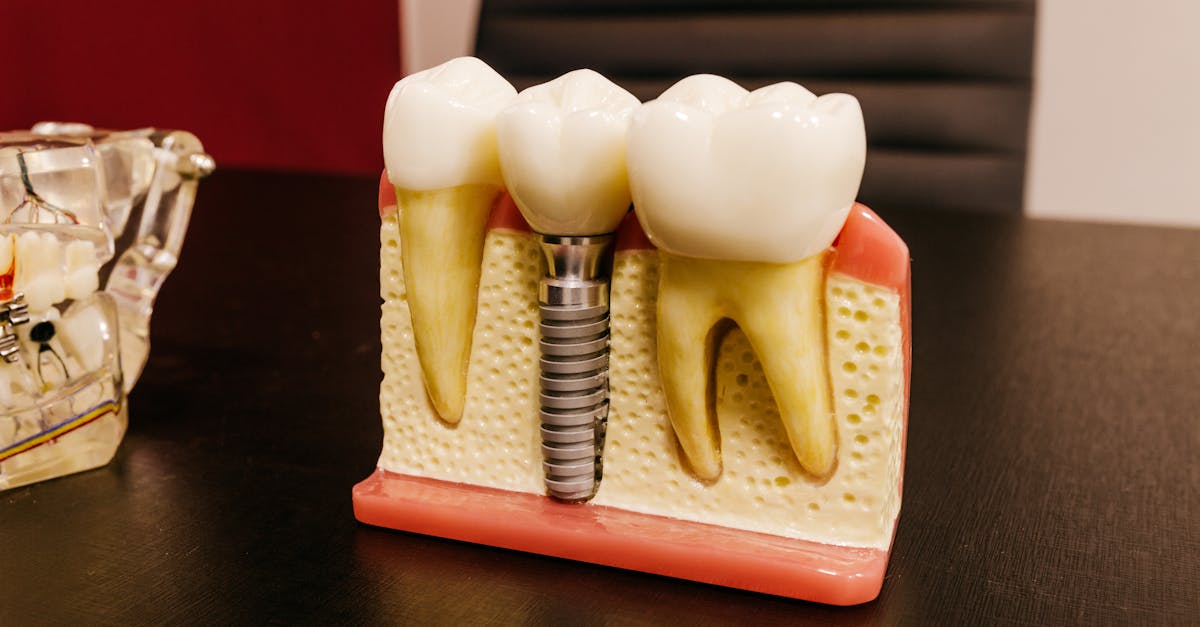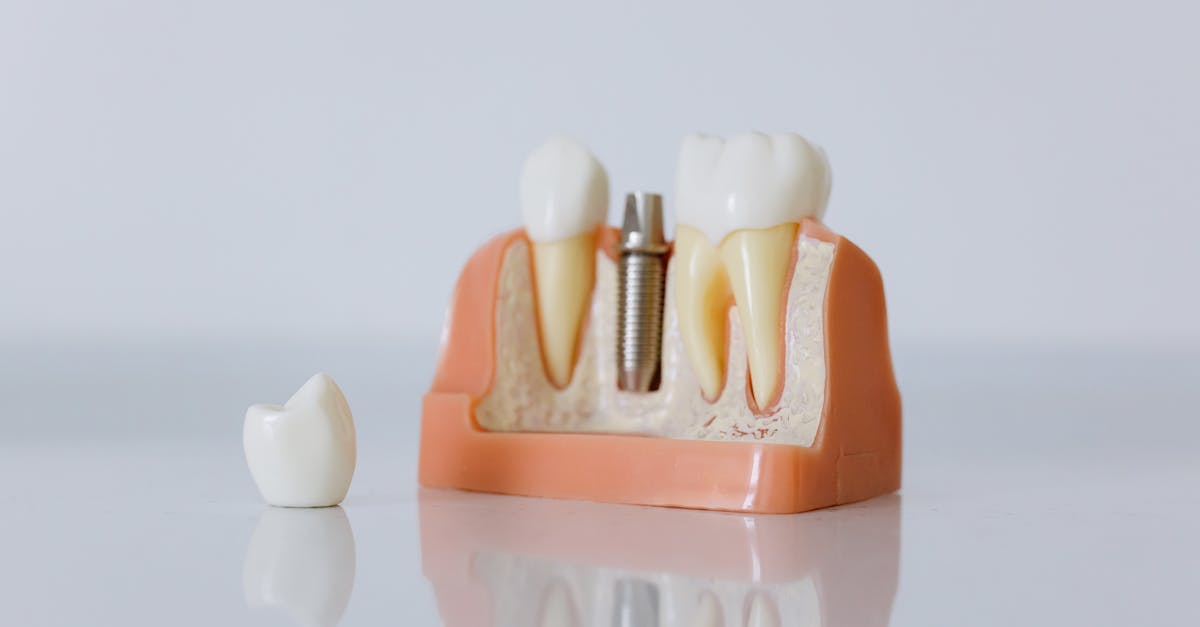Nurture Your Daily Health Rhythm
Introduction
Establishing a daily health rhythm is foundational for maintaining long-term wellness. Just like the rhythms in nature, our bodies thrive on consistency and predictability. Daily routines can support both physical and mental health, fostering a sense of stability and balance. A well-structured routine helps mitigate stress and promotes better sleep and energy levels. From nutrition and exercise to mindfulness and rest, tailoring a daily rhythm that aligns with your lifestyle can lead to profound health benefits. Let's delve into the essential aspects of nurturing a daily health rhythm.
Advertisement
The Bedrock of Nutrition
Nutrition forms the cornerstone of maintaining a healthy rhythm. Balanced meals consisting of whole foods, lean proteins, and essential nutrients can significantly impact overall well-being. Eating at regular intervals helps regulate blood sugar levels, preventing energy dips and mood swings. It's essential to stay hydrated, as proper water intake supports digestion, skin health, and cognitive function. Incorporating diverse foods rich in vitamins and fiber ensures the body operates efficiently. Meal planning and prep can also simplify your day while keeping your nutrition on track.
Advertisement
The Power of Physical Activity
Regular physical activity is crucial for maintaining a harmonious daily rhythm. Exercise not only improves physical fitness but also aids in stress reduction, mood enhancement, and sleep quality. Creating a consistent exercise routine tailored to your interests and fitness level encourages long-term adherence. Activities such as brisk walking, cycling, or yoga offer flexibility and can be easily integrated into your schedule. Remember, it's about finding movement you enjoy to sustain your commitment. Track your progress to stay motivated and celebrate milestones along the way.
Advertisement
Prioritizing Quality Sleep
Sleep is often underappreciated yet vital for a well-rounded health rhythm. Adequate rest supports mental clarity, mood regulation, and immune function. Setting a consistent sleep schedule, even on weekends, reinforces your body's internal clock. Create a calming pre-sleep routine such as reading or meditation to signal to your body that it's time to wind down. Ensuring your sleep environment is conducive, with comfortable bedding and minimal noise, can enhance sleep quality. Prioritize rest to rejuvenate and prepare for the demands of each day.
Advertisement
Mindfulness and Mental Clarity
Incorporating mindfulness into your daily routine can profoundly influence your mental health. The practice of being present in the moment reduces stress and improves emotional regulation. Simple mindfulness exercises like meditation or deep breathing, even briefly, can enhance focus and attention. Journaling and gratitude practices encourage a positive outlook and emotional balance. Explore different mindfulness techniques to find what resonates with you. Regular practice ensures your mind stays as fit as your body.
Advertisement
The Importance of Scheduling Breaks
Breaks play an essential role in maintaining a healthy daily rhythm. Short breaks throughout the day can prevent burnout and boost productivity. They offer an opportunity for mental refreshment and physical movement, breaking up long periods of sedentary behavior. Incorporating brief stretching or leisure activities during breaks can energize and improve concentration. Consider using reminders to take breaks, ensuring they are a consistent part of your routine. Remember, rest is productive and essential for sustained performance and creativity.
Advertisement
Fostering Social Connections
Social interactions are integral to mental well-being and a balanced health rhythm. Connecting with others can reduce stress, bolster self-esteem, and foster a sense of belonging. Regular social engagement, whether through family, friends, or community activities, nurtures emotional resilience. Make time for social activities that bring joy and fulfillment. Balance screen time with face-to-face interactions to strengthen relationships. Positive connections enhance emotional health, creating a supportive network crucial in times of need.
Advertisement
Limiting Screen Time
In our digital age, managing screen time is vital for a balanced daily rhythm. Excessive screen exposure can lead to eye strain, disrupted sleep, and decreased physical activity. Establish boundaries on screen usage by setting time limits on recreational screen time. Deliberately disconnecting during meals or before bedtime can improve focus and rest. Engage in offline activities such as reading, hobbies, or time in nature as healthy alternatives. Creating a healthy digital balance supports overall well-being.
Advertisement
Stay Flexible and Adaptable
It's essential to remain flexible and adapt your daily routine to life’s changes. Obstacles will naturally arise, but a flexible approach allows you to adjust while maintaining core health habits. Assess your routine regularly and tweak it based on your needs and schedule. Flexibility doesn’t imply inconsistency; it encourages resilience and prioritization. Embrace changes and view them as opportunities for growth, helping to enrich your overall health journey. Listen to your body and mind, ensuring your rhythm is sustainable, enjoyable, and fulfilling.
Advertisement
Conclusion
Establishing a daily health rhythm goes beyond mere routine—it’s an investment in longevity and well-being. Nutrition, exercise, sleep, mindfulness, and social connections all play a crucial role in fostering consistent health practices. By prioritizing and personalizing your routine, you can enhance your quality of life, reduce stress, and improve mental clarity. Awareness and adaptability can keep you aligned with your health goals despite life's unpredictability. In nurturing your daily rhythm, you're not only caring for your body and mind but embracing a lifestyle of balanced, holistic health.
Advertisement








